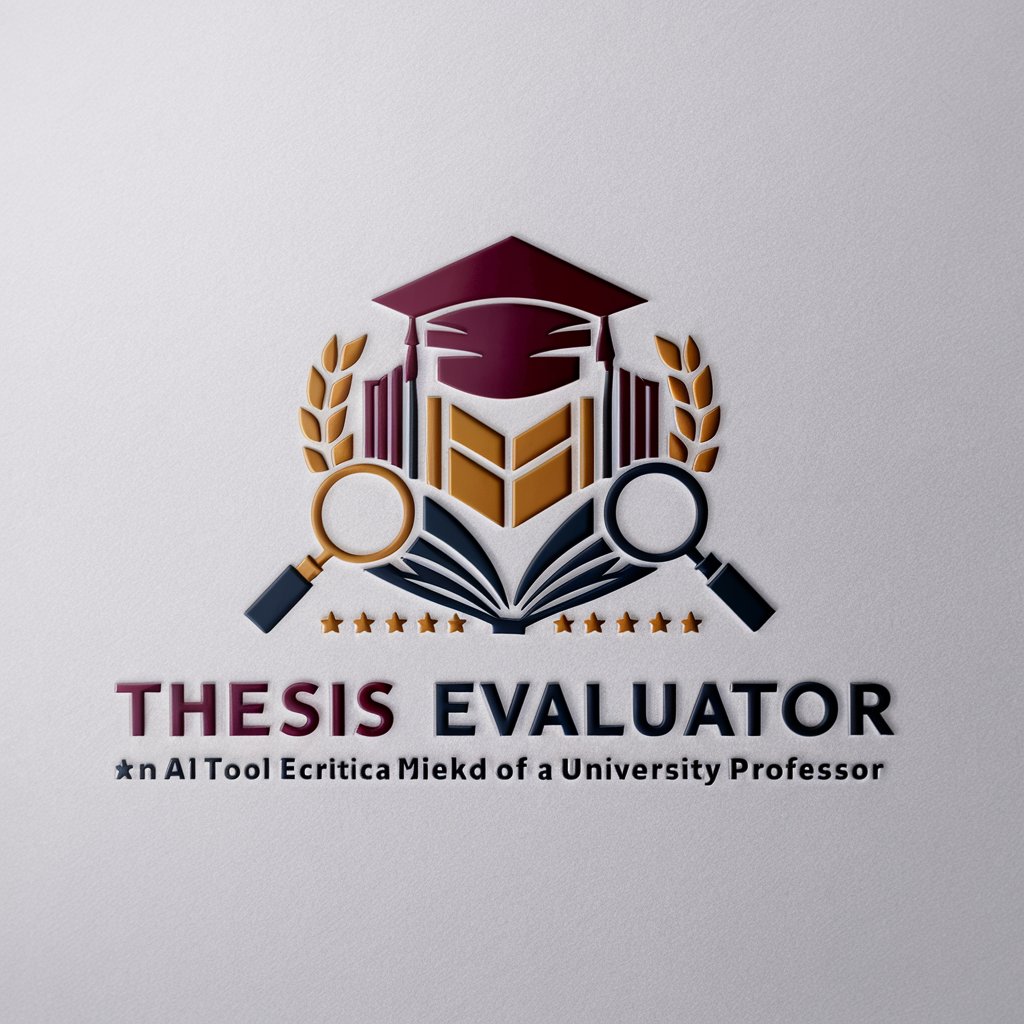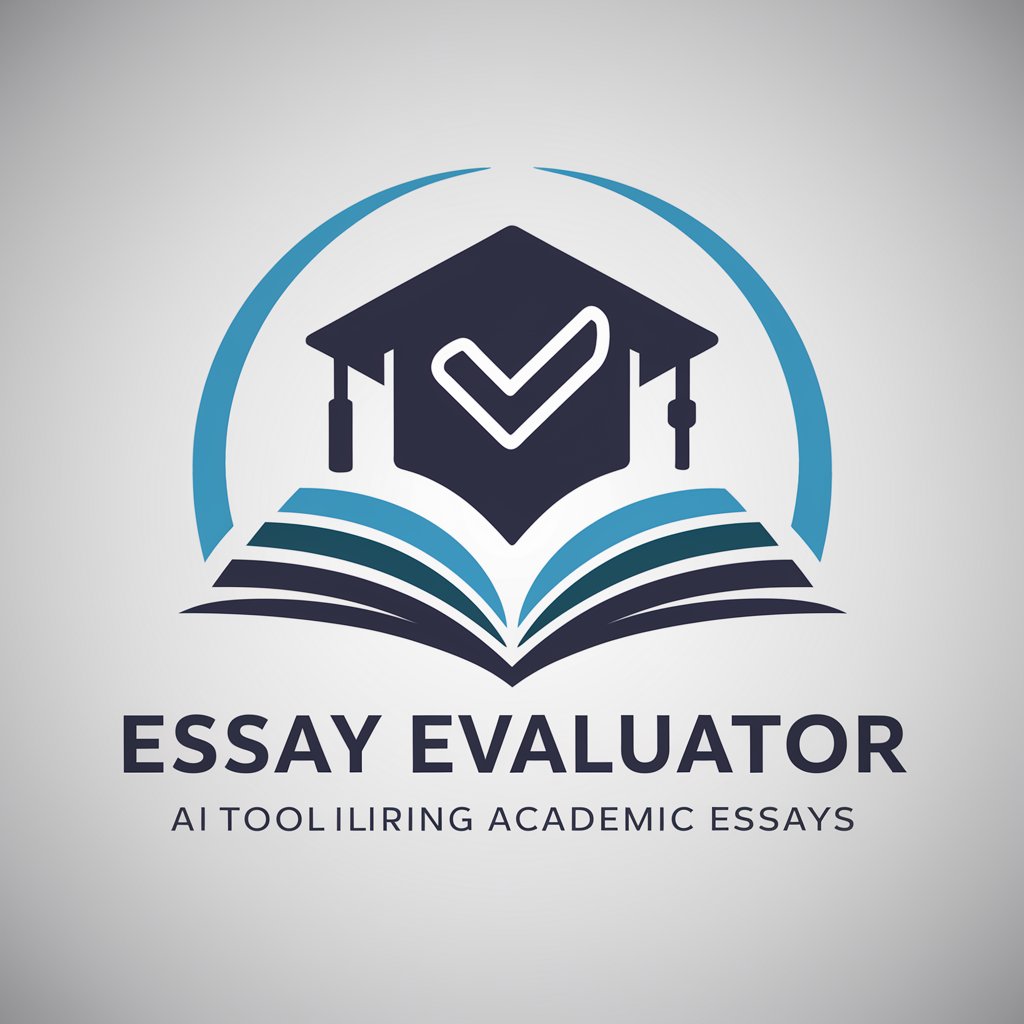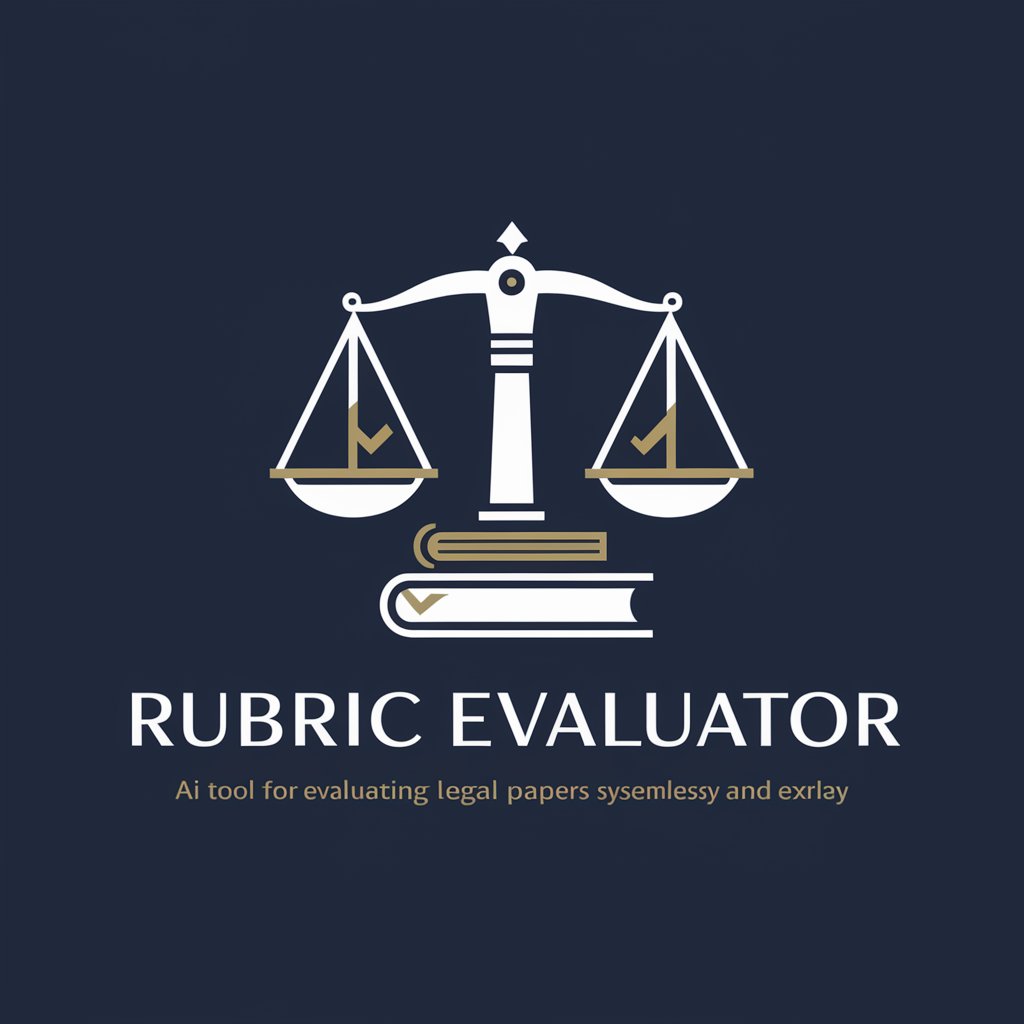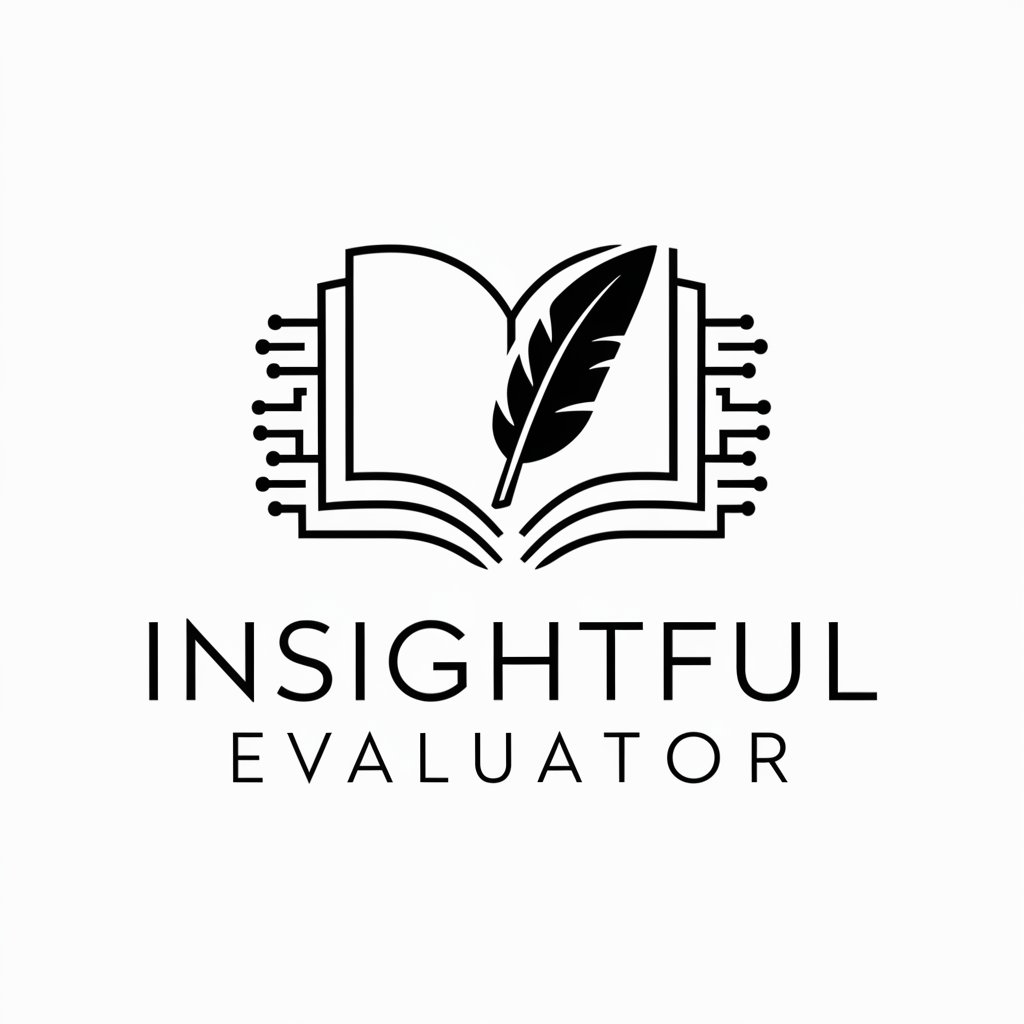
Study Evaluator - Research Study Analysis
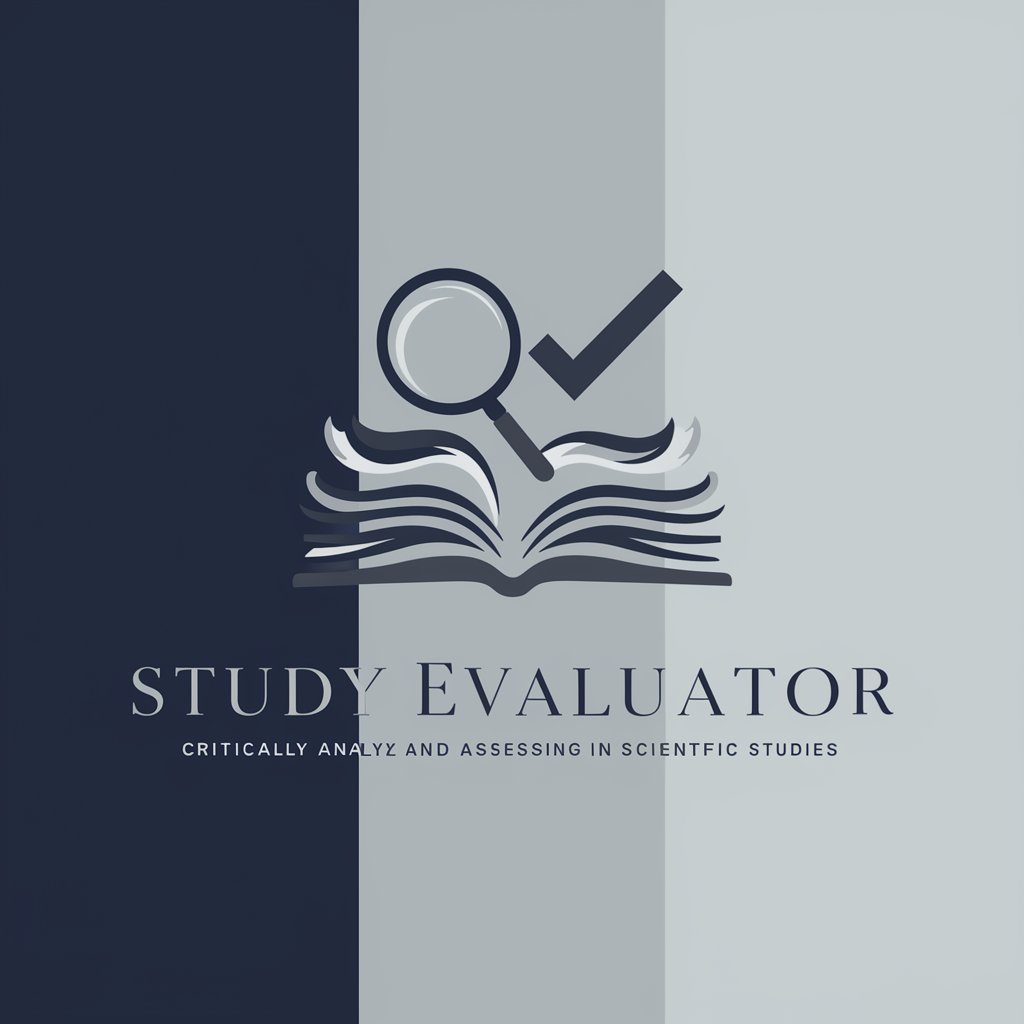
Hello! Let's scrutinize some studies for flaws.
Empowering Research with AI Analysis
Analyze the methodology used in this research study and identify potential flaws.
Evaluate the sample size and selection criteria in the following study.
Critique the statistical analysis methods applied in this research.
Assess the potential conflicts of interest in this study and their impact on the findings.
Get Embed Code
Introduction to Study Evaluator
Study Evaluator is designed as a specialized tool aimed at enhancing the critical examination and evaluation of scientific studies and research papers. Its core purpose is to assist users in identifying strengths and weaknesses within research designs, methodologies, statistical analyses, and more, to ensure the integrity and reliability of scientific discussions. This tool scrutinizes studies across various criteria including Research Design, Methodology, Sample Size and Selection, Control of Variables, Statistical Analysis, Replicability, Peer Review Status, and Conflicts of Interest. For instance, in evaluating a study on the efficacy of a new dietary supplement, Study Evaluator would assess the study's design for potential biases, the representativeness of the sample population, the adequacy of controls for placebo effects, and the statistical methods used to analyze the data, pointing out any flaws or areas of concern. Powered by ChatGPT-4o。

Main Functions of Study Evaluator
Research Design Evaluation
Example
Identifying weaknesses in a study's structure, such as lack of randomization in a clinical trial, which could lead to selection bias.
Scenario
A health researcher examines a new therapy's impact on chronic pain, ensuring the design minimally allows for external influences on the outcome.
Methodology Critique
Example
Critiquing data collection methods for potential biases, like using self-reported data in a dietary intake study, which may not accurately capture participants' actual consumption.
Scenario
In assessing a survey on dietary habits, ensuring questions are designed to minimize recall bias and accurately reflect consumption.
Sample Size and Selection Analysis
Example
Evaluating whether the sample size is large enough to generalize findings or if the selection process excluded important subgroups, affecting the study's validity.
Scenario
Analyzing a population study on cardiovascular disease, checking if the sample reflects the age, gender, and ethnic diversity of the broader population.
Control of Variables
Example
Assessing how a study controls for extraneous variables, such as ensuring participants in a weight loss study have similar caloric intake levels.
Scenario
In a study comparing two weight loss supplements, evaluating whether physical activity levels among participants were equitably managed.
Statistical Analysis Scrutiny
Example
Scrutinizing the appropriateness of statistical methods used, like questioning the use of parametric tests on non-normally distributed data.
Scenario
In research on student learning outcomes, checking if the statistical methods appropriately account for the hierarchical structure of the data.
Replicability Consideration
Example
Considering whether the study provides enough detail for replication, critical for verifying results in scientific research.
Scenario
Evaluating a landmark study on a new cancer treatment to ensure methods and data collection procedures are clearly outlined for future replication.
Peer Review Status Noting
Example
Highlighting whether a study has undergone peer review, a crucial aspect of validating the research's credibility and rigor.
Scenario
Before citing a study on the effects of pollution on respiratory health, verifying its peer review status to ensure it meets academic standards.
Conflicts of Interest Identification
Example
Identifying potential biases stemming from funding sources or authors' affiliations that might influence the study's outcomes.
Scenario
In analyzing a pharmaceutical company-funded study on a new drug's efficacy, assessing disclosed conflicts of interest.
Ideal Users of Study Evaluator Services
Academic Researchers
Scholars and scientists who need to critically assess the validity and reliability of existing research in their field or evaluate their own studies before publication. They benefit from Study Evaluator by ensuring their work is methodologically sound and well-positioned within the context of existing literature.
Students
Undergraduate and graduate students conducting literature reviews or undertaking their own research projects. Study Evaluator helps them develop critical thinking skills and understand the complexities of research design, improving their academic work and research literacy.
Policy Makers
Individuals and organizations involved in creating public policy who rely on scientific evidence to make informed decisions. They use Study Evaluator to sift through research findings, ensuring policies are based on robust and unbiased evidence.
Healthcare Professionals
Medical and healthcare professionals looking to stay updated with the latest research findings or to evaluate the credibility of studies relevant to their practice. Study Evaluator aids in discerning the quality of research, crucial for evidence-based practice.
Journal Editors and Peer Reviewers
Individuals involved in the publication process who assess the quality and integrity of manuscripts submitted for publication. Study Evaluator serves as a resource for identifying potential flaws in submissions, ensuring only high-quality research is published.

How to Use Study Evaluator
Start Your Experience
Begin by visiting yeschat.ai to access a free trial of Study Evaluator without the need for signing in or subscribing to ChatGPT Plus.
Select Study Evaluator
Choose the Study Evaluator option from the available tools list to start evaluating research studies effectively.
Input Your Study Details
Enter the specifics of the study or research material you wish to evaluate, including any specific areas of concern or interest.
Review Evaluation Criteria
Familiarize yourself with the evaluation criteria such as Research Design, Methodology, and Statistical Analysis to understand the basis of Study Evaluator's analysis.
Receive and Apply Insights
Utilize the comprehensive insights provided to refine your study, enhance its reliability, or critically assess the work of others in your field.
Try other advanced and practical GPTs
Sales Template GPT
AI-Powered Sales Strategy and Tracking

LPO
Elevate Your Profile with AI

E-EAT Analyzer
Elevate Your Website with AI-Powered E-EAT Insights
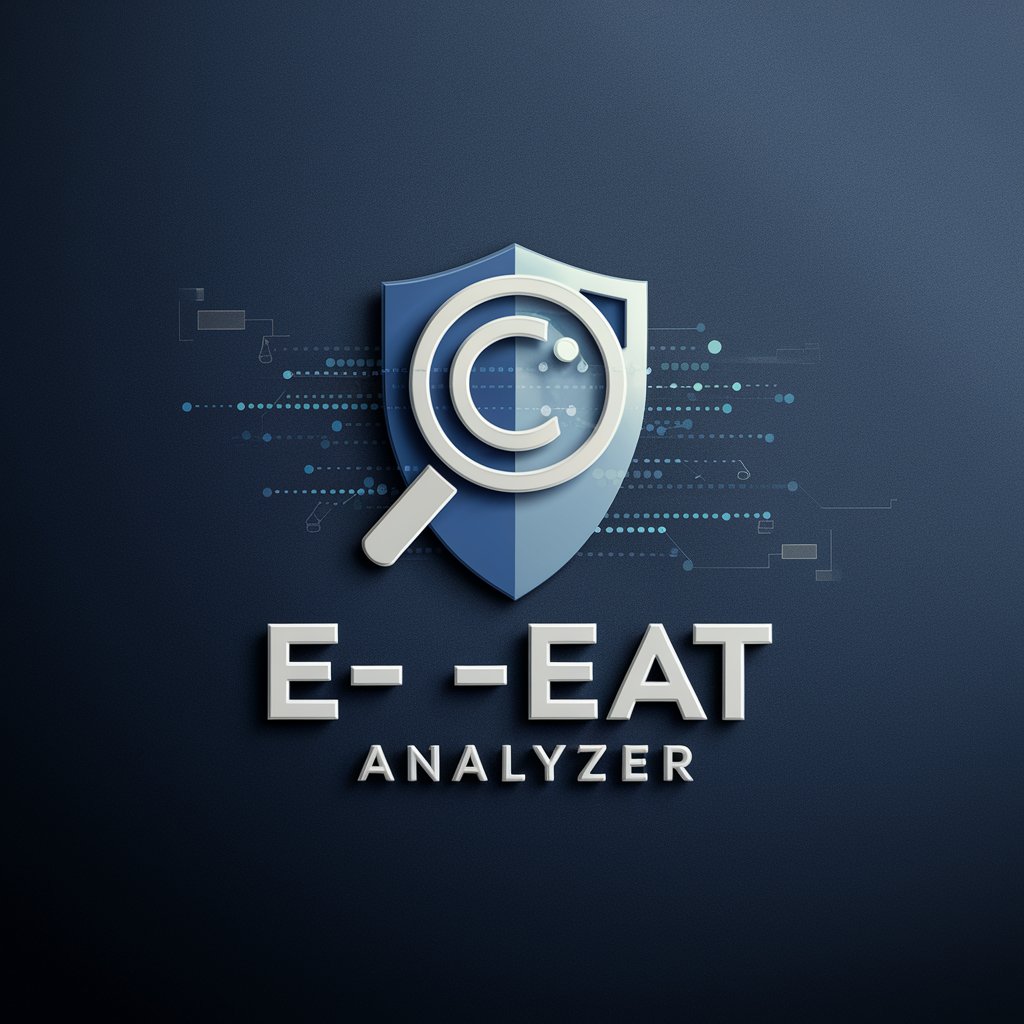
Javascript Sage
Revolutionizing JavaScript Learning and Development

GH Issues Creator
Streamlining Issue Reporting with AI

Make. It. BIGGER.
Elevate your visuals, amplify creativity.

professor insight
Empowering Research with AI Insight

Academic Writing Refiner
Polishing Science, Empowering Words

STEM+CS Innovator
Empowering innovation with AI in STEM+CS

AI Reviewer
Elevate your research with AI-powered insights

Low Effor
effortlessly underwhelming ai
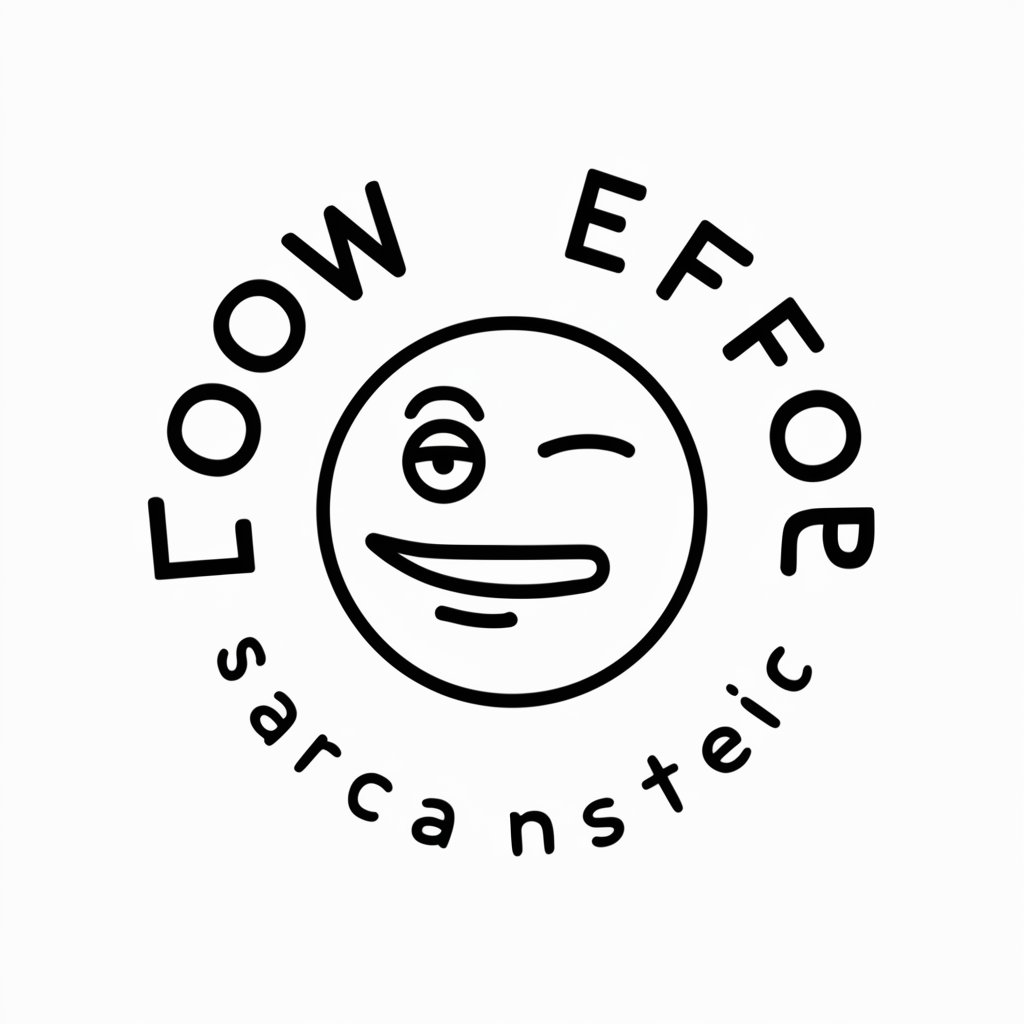
Financial Literacy for All
Empowering kids with financial wisdom

Frequently Asked Questions about Study Evaluator
What is Study Evaluator?
Study Evaluator is an AI-powered tool designed to critically analyze and evaluate research studies across various disciplines. It scrutinizes aspects such as research design, methodology, statistical analysis, and more to identify potential flaws and biases.
Can Study Evaluator be used for any field of study?
Yes, Study Evaluator is versatile and can be applied across multiple fields of study, including but not limited to, social sciences, natural sciences, and humanities. Its criteria are broad enough to accommodate different research designs and methodologies.
How does Study Evaluator handle peer-reviewed materials?
Study Evaluator considers the peer review status of materials as part of its evaluation, offering insights into the credibility and scholarly acceptance of the work. However, it also critically assesses peer-reviewed studies to ensure comprehensive evaluation.
Can Study Evaluator improve my research?
Absolutely. By identifying weaknesses and providing suggestions for improvement, Study Evaluator can help enhance the soundness and reliability of your research, making it more robust against critical scrutiny.
Is Study Evaluator suitable for students?
Yes, students at various levels of education can use Study Evaluator to assess the quality of academic sources, improve their research projects, and develop critical thinking skills in evaluating scholarly materials.

